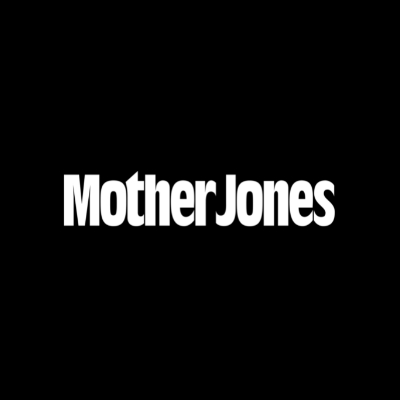 Mother Jones Article Rating
Mother Jones Article RatingA federal court just blocked key parts of Trump's anti-voting executive order
- Bias Rating
Center
- Reliability
75% ReliableGood
- Policy Leaning
10% Center
- Politician Portrayal
-48% Negative
Continue For Free
Create your free account to see the in-depth bias analytics and more.
Continue
Continue
By creating an account, you agree to our Terms and Privacy Policy, and subscribe to email updates. Already a member: Log inBias Score Analysis
The A.I. bias rating includes policy and politician portrayal leanings based on the author’s tone found in the article using machine learning. Bias scores are on a scale of -100% to 100% with higher negative scores being more liberal and higher positive scores being more conservative, and 0% being neutral.
Sentiments
9% Positive
- Liberal
- Conservative
| Sentence | Sentiment | Bias |
|---|---|---|
Unlock this feature by upgrading to the Pro plan. | ||
Reliability Score Analysis
Policy Leaning Analysis
Politician Portrayal Analysis
Bias Meter
Extremely
Liberal
Very
Liberal
Moderately
Liberal
Somewhat Liberal
Center
Somewhat Conservative
Moderately
Conservative
Very
Conservative
Extremely
Conservative
-100%
Liberal
100%
Conservative

Contributing sentiments towards policy:
51% : " In a partial victory for the administration, the judge declined to block other parts of Trump's executive order, including one provision that gives the Department of Homeland Security and the Department of Government Efficiency enhanced power to search for alleged non-citizen voters on state voter lists.50% : Trump ordered the Election Assistance Commission (EAC), an independent agency created by the Help America Vote Act of 2002, to mandate that information on a federal voter registration form.
47% : (The House passed a bill in April, the SAVE Act, that would also require proof of citizenship to register to vote, but it currently lacks the 60 votes necessary to pass in the Senate.)
25% : Democrats and voting rights groups who challenged the order, including the League of Women Voters and League of United Latin American Citizens, argued that Trump lacked the authority to force the EAC to require proof of citizenship.
24% : Judge Kollar-Kotelly agreed that Trump did not possess the power to unilaterally change how Americans registered to vote.
4% : District Court Judge Colleen Kollar-Kotelly, an appointee of President Bill Clinton, found that Trump lacked the power to unilaterally change election rules.
*Our bias meter rating uses data science including sentiment analysis, machine learning and our proprietary algorithm for determining biases in news articles. Bias scores are on a scale of -100% to 100% with higher negative scores being more liberal and higher positive scores being more conservative, and 0% being neutral. The rating is an independent analysis and is not affiliated nor sponsored by the news source or any other organization.






















